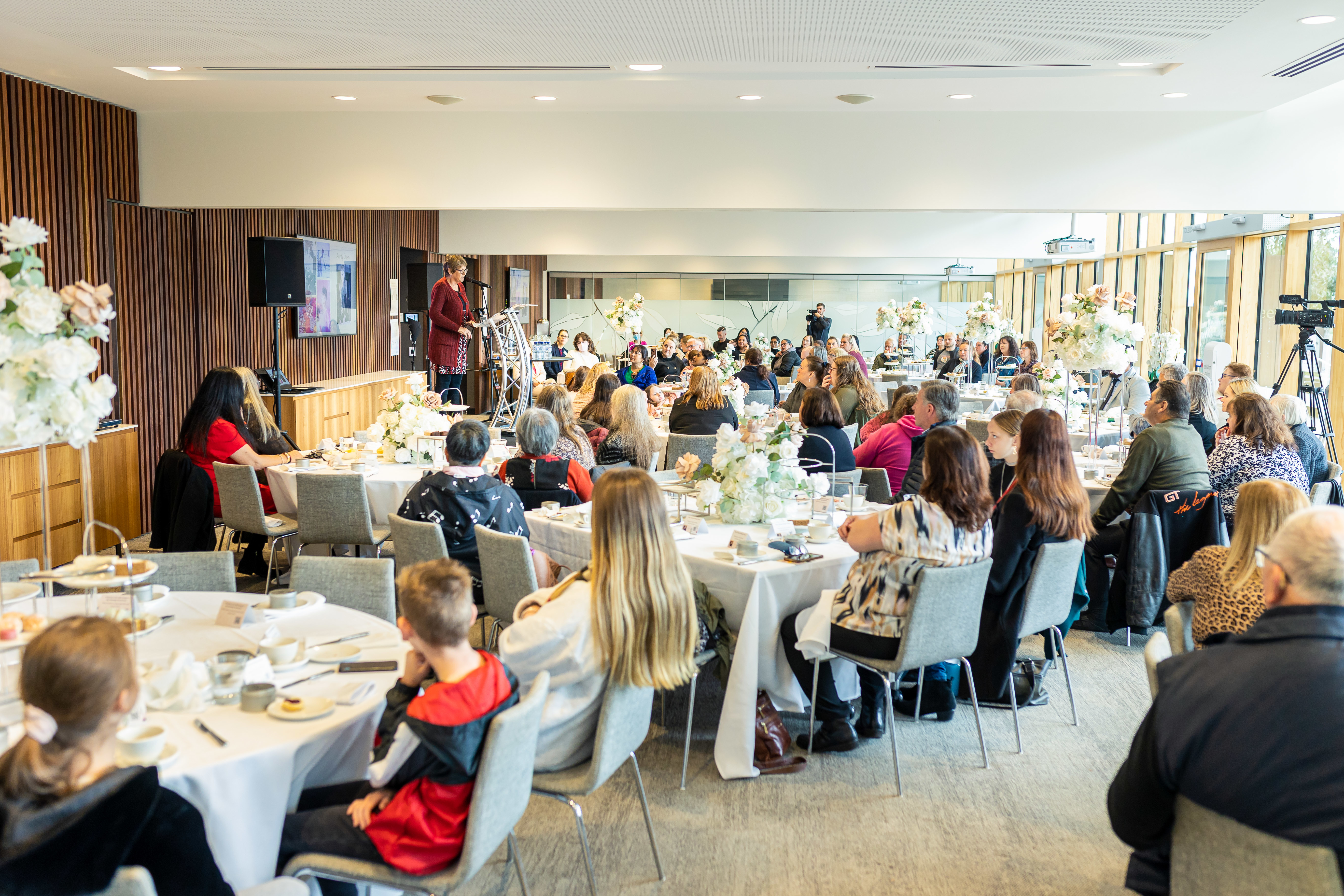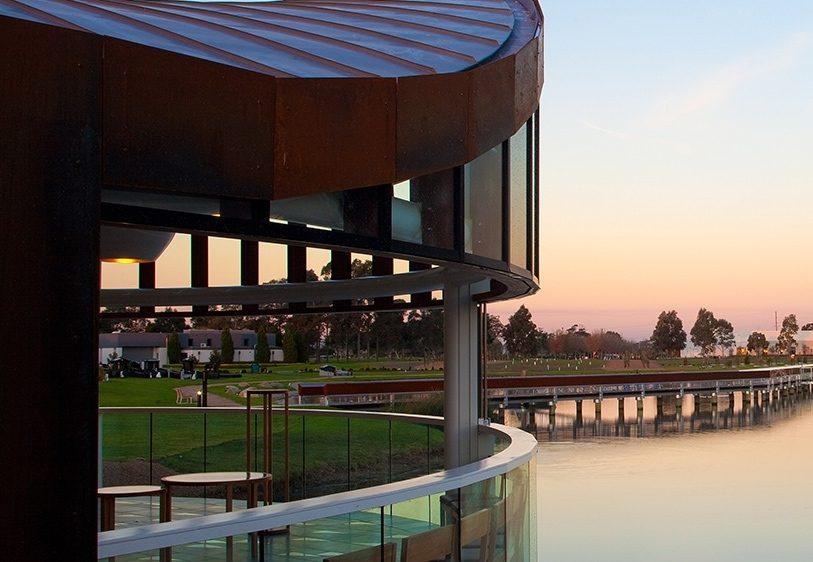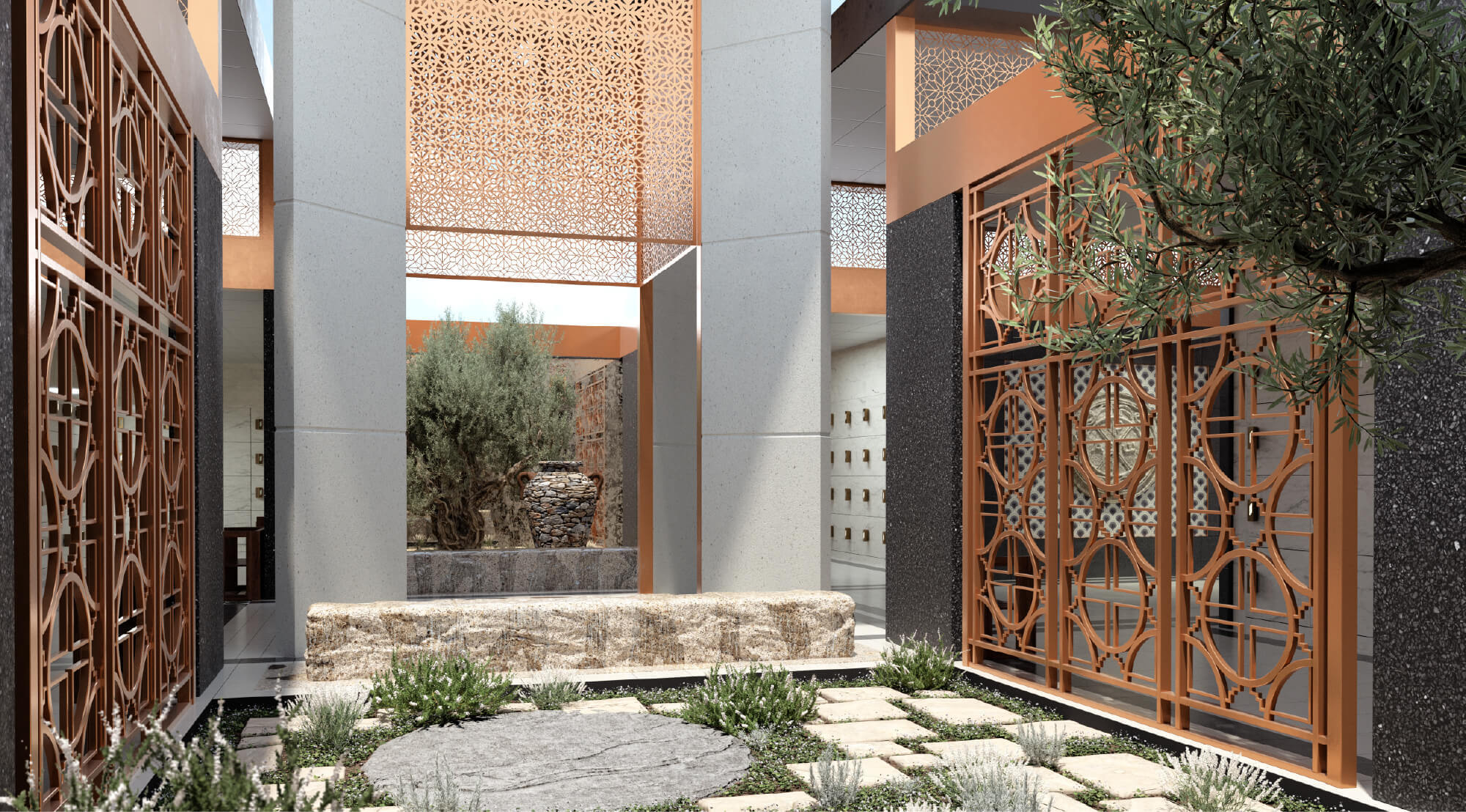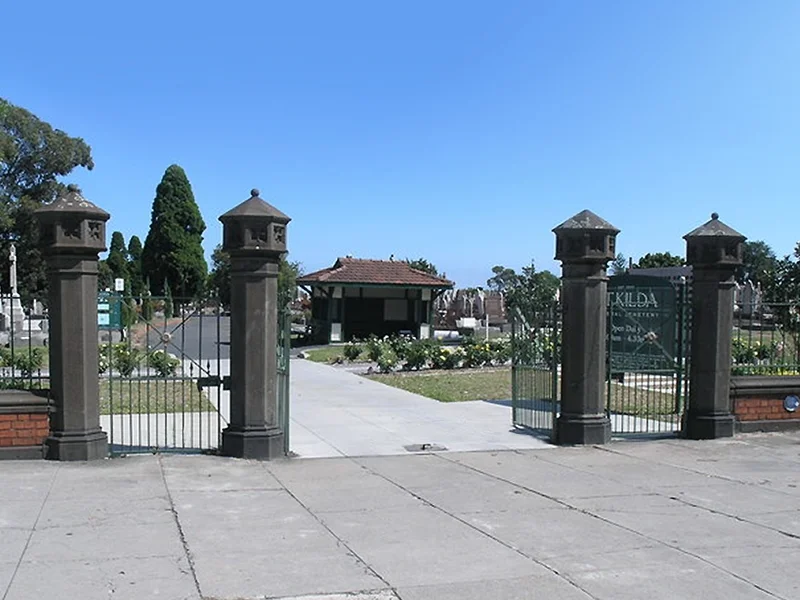Celebrating our notable humanitarians at SMCT

World Humanitarian Day is celebrated annually on the 19th of August. Observed by United Nations members, it is an international day dedicated to recognising humanitarian personnel and those who have lost their lives working for humanitarian causes.
The United Nations states “we honour all aid and health workers who continue, despite the odds, to provide life-saving support and protection to people most in need.”
At SMCT, we are privileged to have interred across a number of our locations some incredible humanitarians who have contributed greatly to the lives of others. Today we’d like to celebrate some of these notables and share a little bit of their story.

Walter and Eliza Hall – Melbourne General Cemetery
The generous couple, Walter and Eliza Hall founded the Walter and Eliza Institute in Melbourne. The Institute is one of Australia’s leading biomedical research organisations, with a national and international reputation for performing highly influential basic and translational research. It was established in 1915, and is Australia’s oldest medical research institute.
At the institute, they research cancer, immune health and infection and development and aging. We understand that the Institute is playing a role in the fight against COVID-19 with current research initiatives. All of this is made possible thanks to the funding left in the will of the Halls.

Dr John Singleton, physician and philanthropist – Melbourne General Cemetery
In early 1869, Dr John Singleton established the Collingwood Free Medical Dispensary (now the Singleton Medical Welfare Centre), which had been first suggested by the Melbourne City Mission. The dispensary gave free attention to the poor and provided spiritual guidance from literary works.
Singleton bought land in Little Bourke Street in 1879 to build a mission hall and in 1883 offered the use of it to the Salvation Army. Encouraging the army in its gaol visiting, he gave it the use of the Collingwood mission hall and laid the stone for their Collingwood citadel. In the 1870s he had initiated a public appeal known as the 'Singleton Bread Fund' for the unemployed; he also instituted a night shelter for destitute women, Widows' Cottages in Collingwood, a mission to the blind, the West Melbourne overnight shelters for men and the Women's Model Lodging House, Melbourne. His gaol visits continued until 1891. A generous man with a focus on bettering the lives of the poor.
Elizabeth Britomarte James (1867–1943), political reformer – Springvale Botanical Cemetery
Originally from Ballarat, Victoria, and the eldest of nine children, Elizabeth Britomarte James was a philanthropist and tireless advocate for those less fortunate.
She gained experience early on by assisting her father, who became chaplain of the missions to seamen in Port Melbourne and at Williamstown. When visiting the poor, she gained compassion for the wives of workmen. Elizabeth developed a fearless and straightforward manner, a single-minded belief in the philanthropic and patriotic duty of women of her class and a commitment to equality and civil rights for all women.
Victorian Cross Recipients - Springvale Botanical Cemetery
The final resting place for 8 Victoria Cross recipients is at Springvale Botanical Cemetery. This is the highest number of any cemetery in Victoria and probably Australia. Victoria Cross recipients displayed incredible courage and concern for mates. We believe these honourable veterans deserve a mention on this day.
To all those currently working in the humanitarian space and risking their lives to help others have a brighter, safer and more equitable future – we thank you and honour you today on World Humanitarian Day.





